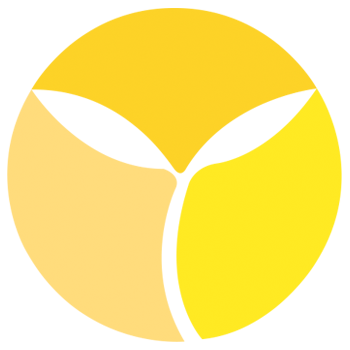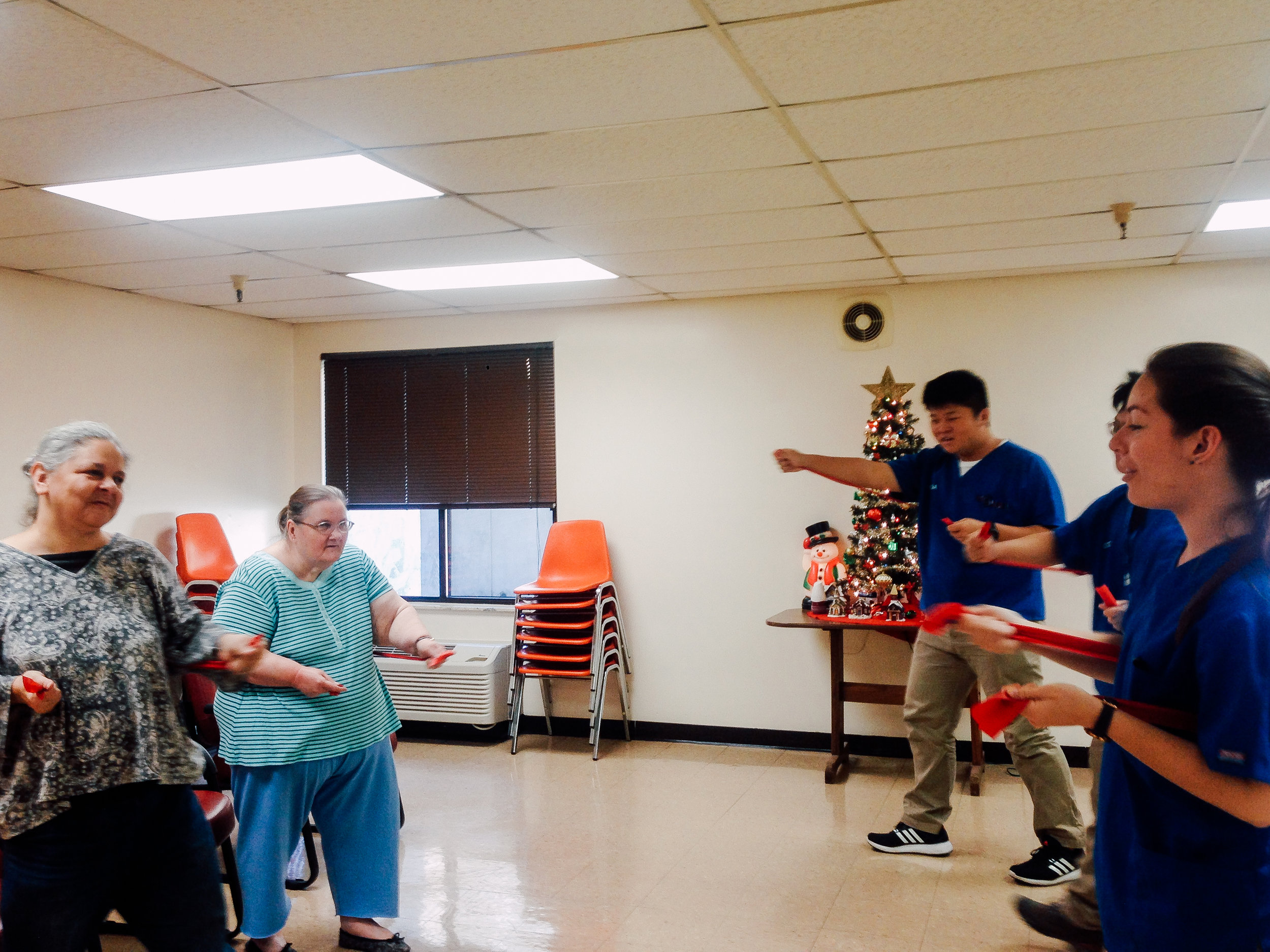Inequalities in Appalachia: Community Health with GPSA
by Naing Nathaniel Niko V.
Nathaniel is a recent graduate from Saint Joseph's Institution's IBDP programme who recently took part in the 9-day Global Public Service Academies x Skillseed Medical Service Learning Course in West Virginia, USA. He takes a strong interest in the medical sciences and is an aspiring doctor who wishes to undertake medicine as a career to make positive change in people's lives.
NOT ALL OF America has the glitz and glamour of Vegas, Hollywood or New York City.
Disparities in development and health of some regions seem to only grow.
When I applied for the GPSA x Skillseed Medical Program in West Virginia, I thought it would be a simple trip for us to pick up medical skills and develop communication skills with patients during home visits and health fairs. But over the course of our nine- day trip, I learnt so much about the many facets of community health and expanded my worldview regarding inequality.
First off, home visits. This was my favourite activity in the program, simply because we got to meet so many different people from all walks of life, and learnt so much about their lives! Some of them had the most intriguing stories that either entertained us or taught us something new. A fun fact - Did you know that ginseng grows in the wild in America? Now you know!
Furthermore, we were surprised but grateful for the friendly residents who engaged in conversation with us. Many were greatly intrigued by us having come from Singapore, a city that they have never visited before. A common question was, ‘What’s the weather like?’ to which we all responded in a monotone, ‘Hot and humid...’ The ironic contrast between the truth of those words while feeling the growing cold of winter made us ever-more envious of the many states that enjoy all four seasons.
During such health fairs, we also visited different apartments and stationed ourselves to offer free medical screenings for its residents. This was when we pricked people for the A1C Blood Glucose Tests. Although I was initially frightened of pricking complete strangers, eventually, I managed to calm down and get the hang of it by the next health fair. During these events, we learnt to effectively communicate results, such as blood pressure and blood glucose levels, to the residents. Whenever a diabetic resident learns that their blood sugar is in check, it is always a pleasure to share in their delight and to encourage them to maintain their efforts!
A meeting with the medical fellows
Aw Kinn, one of the participants, helping a patient to take her blood pressure at a health fair
Additionally, lessons were conducted for the residents during the fair, which consisted of breathing techniques and resistance band exercises. Stationed at the exercises, I realized that we were not merely teaching some movements; we had to actively encourage them to push themselves and motivate them to exercise daily for a healthy lifestyle. Plus, we learnt to identify residents who struggled and to proactively cater to their needs, such as helping those who had trouble reaching for their legs, to position the resistance bands properly for them.
At a health fair teaching patients how to do resistance band exercises
Due to our busy schedule conducting health fairs and home visits in the day, it was only in the evenings when we were presented with problems that West Virginia face, did we become more reflective over our activities and grateful for what we have in Singapore. Unlike Singapore, where multiple policies and schemes function as safety nets to provide healthcare for everyone, we learnt that in the US, people who cannot afford insurance are disadvantaged in receiving adequate healthcare.
In addition, other factors aside from income levels in West Virginia (and other Appalachian regions in general) contribute to the poor state of community health and development in the region. For me, I visualized a vicious cycle where low education and low economic opportunity traps the region from development, leading to uneven distributions of healthcare facilities and heavier consumption of cheaper but more unhealthy processed or fast food, all of which are responsible for higher rates of degenerative diseases. Suddenly, the patients I visited were not just diabetics or hypertensive people; no, they are victims trapped in this endless cycle. While a depressing thought, I owe it to community health workers like Sam and Kelly who work their hardest to support these people, checking in on them weekly and encouraging them to develop a healthier lifestyle. They are the true heroes who make a difference in the long run, not us.
Having visited Los Angeles earlier and comparing differences in the health of people, economic activity and infrastructure with West Virginia, I could reflect on disparities in the USA. To us outsiders, we often think of the USA as a rich, successful country, but we fail to see the hidden inequalities that are present in some regions of the country. This trip has certainly expanded my worldview, making me more aware of the internal issues experienced by the USA and making me more appreciative of the great economic opportunity and accessibility to healthcare in Singapore.
I would like to express my thanks to all the people responsible for planning this trip, including Dr Malkin, Andrea, Kirsten, GPSA Staff and Skillseed for providing the opportunity for us to participate in this program. All of us participants have picked up valuable medical and social skills which we will apply back home for the benefit of others!
---
Interested to sign up for the next round of the GPSA x Skillseed Medical Service Learning Course?
Drop us an email!




